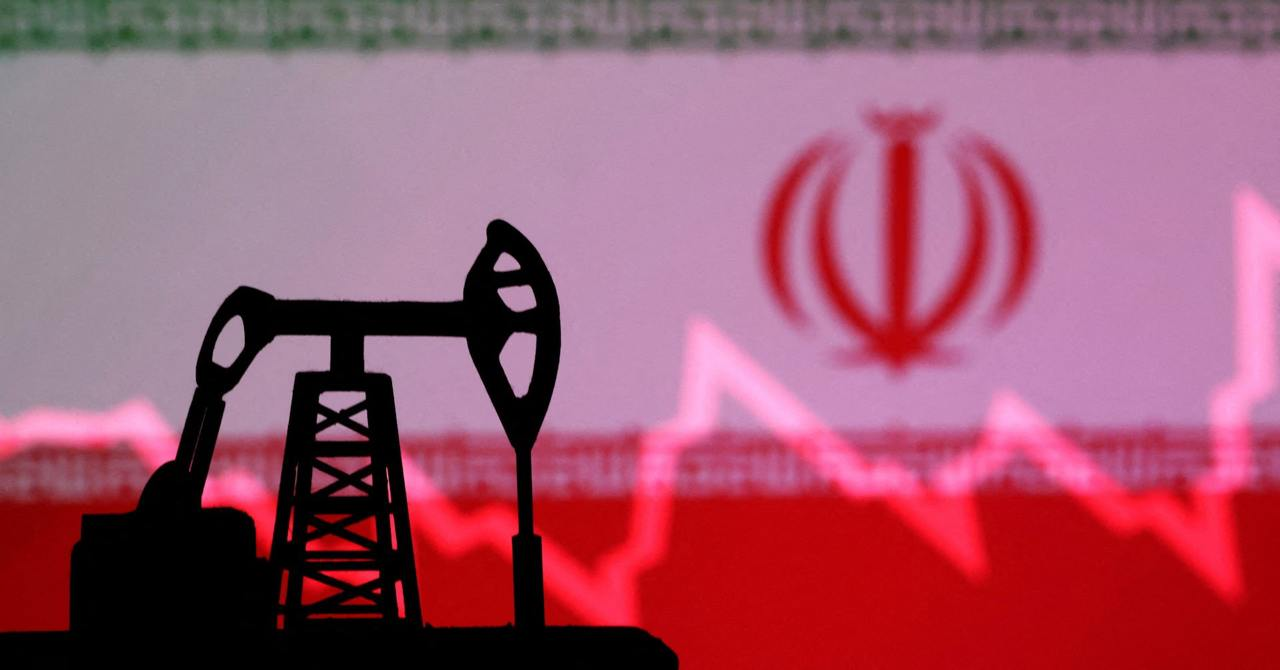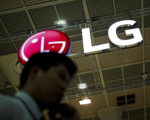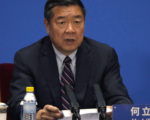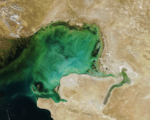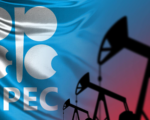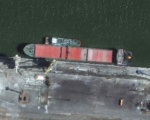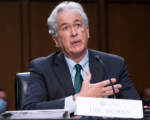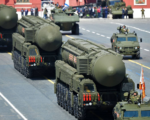A vast fuel oil smuggling network has emerged in Iraq, allegedly generating over $1 billion annually for Iran and its allies, according to intelligence reports and sources familiar with the operation. This scheme has flourished since Prime Minister Mohammed Shia al-Sudani assumed office in 2022, exploiting government subsidies for heavy fuel oil (HFO) designated for asphalt plants.
Key Details of the Smuggling Network
- Scope and Routes
- Monthly diversion of 500,000 to 750,000 metric tons of HFO, equivalent to 3.4 to 5 million barrels.
- Two primary routes:
- Blending Iraqi and Iranian fuel oil to evade U.S. sanctions.
- Exporting subsidized fuel with forged documentation to disguise its origins.
- Key Players and Control
- Central roles played by Iranian-backed militias such as Asaib Ahl al-Haq (AAH) and Kataib Hezbollah, both tied to Iran’s Revolutionary Guards.
- The Iraqi State Company for Mining Industry and private entities are deeply implicated.
- Alleged manipulation of government allocation policies to facilitate smuggling.
- Economic Impact
- Subsidized prices for fuel oil allow significant profit margins on the international market, with export prices ranging from $300 to $500 per ton.
- Iraqi exports of fuel oil are projected to surpass 18 million tons in 2023, doubling 2021 figures.
Political and Geopolitical Dynamics
- Iran’s Role
- Iran benefits from blending operations that enhance the market value of its sanctioned fuel oil.
- The funds support Iran’s regional influence and proxies, including militias in Iraq.
- Iraq’s Challenges
- Iraqi leadership faces pressure from the U.S. to curtail smuggling but depends on Iranian-backed groups for political stability.
- Prime Minister Sudani’s policies, including reducing subsidized prices and reviewing allocations, appear insufficient to dismantle the network.
- U.S. Concerns
- The illicit trade places Iraqi officials at risk of U.S. sanctions, especially given ties to entities like AAH, whose leader, Qais al-Khazali, has been sanctioned since 2019.
Operational Details
- Blending and Export
- Blending occurs primarily in Basra, with Khor Al Zubair and Umm Qasr ports serving as export hubs.
- Iraqi engineers execute blending during ship-to-ship transfers, complicating detection of mixed origins.
- Policy Exploitation
- Subsidies and overallocated quotas for asphalt plants are exploited to create surplus fuel for smuggling.
- Some plants are allegedly fictitious, existing solely to secure fuel oil for export.
Recent Developments
Efforts to reform the system include raising subsidized fuel prices and reviewing plant allocations, yet the smuggling continues. Despite modest price hikes in July, subsequent reductions hint at persistent vulnerabilities in the oversight framework.


